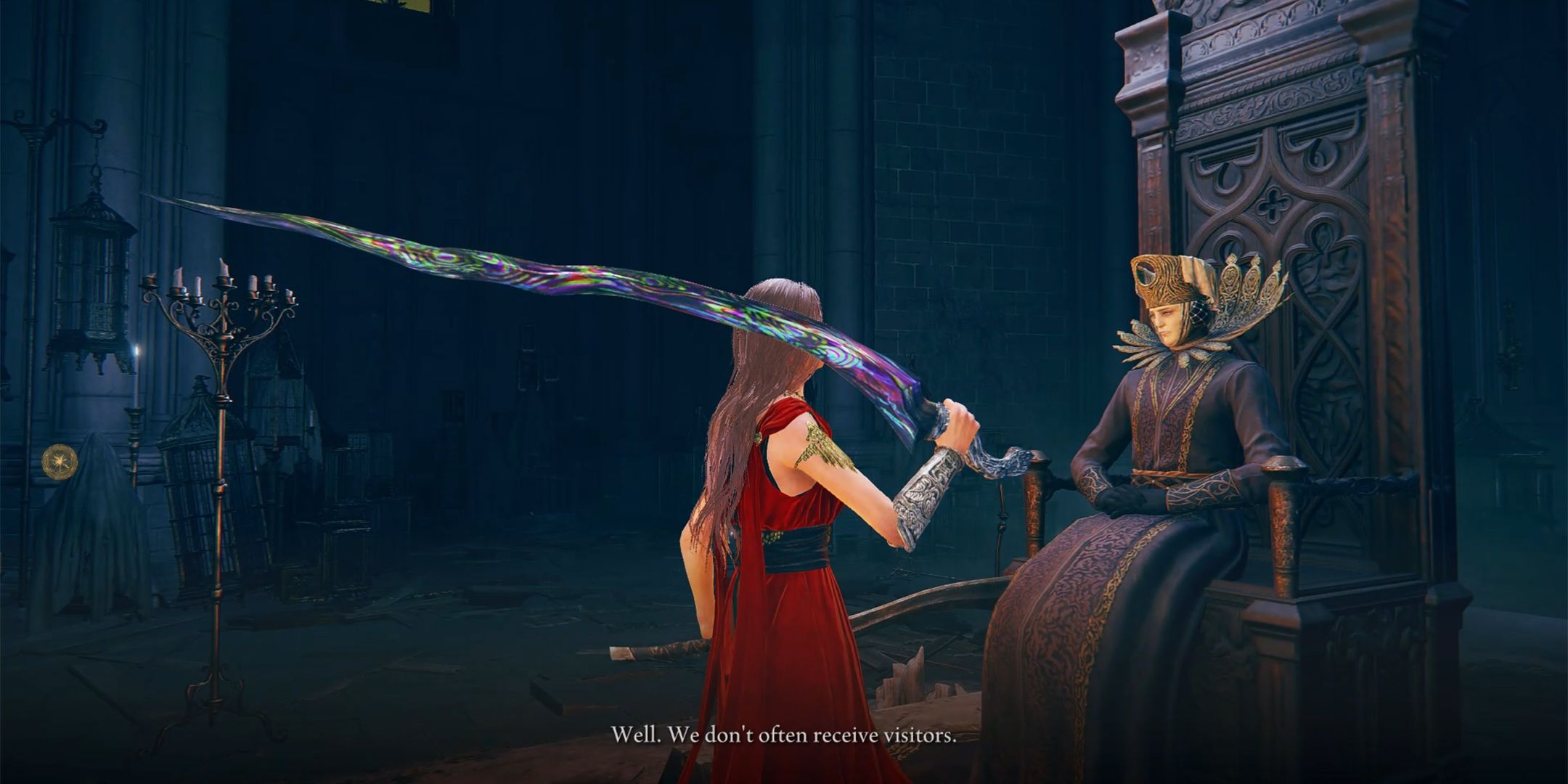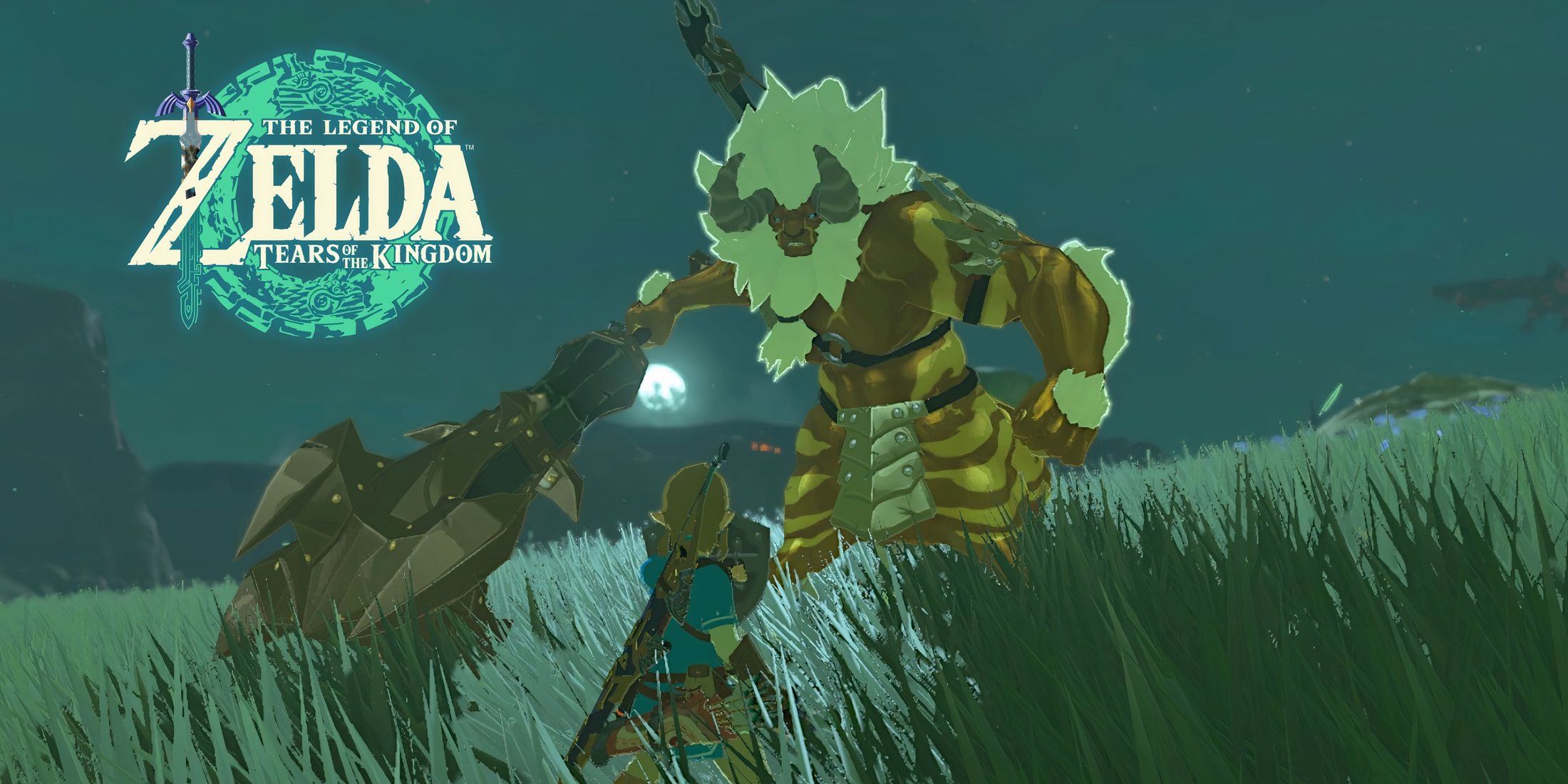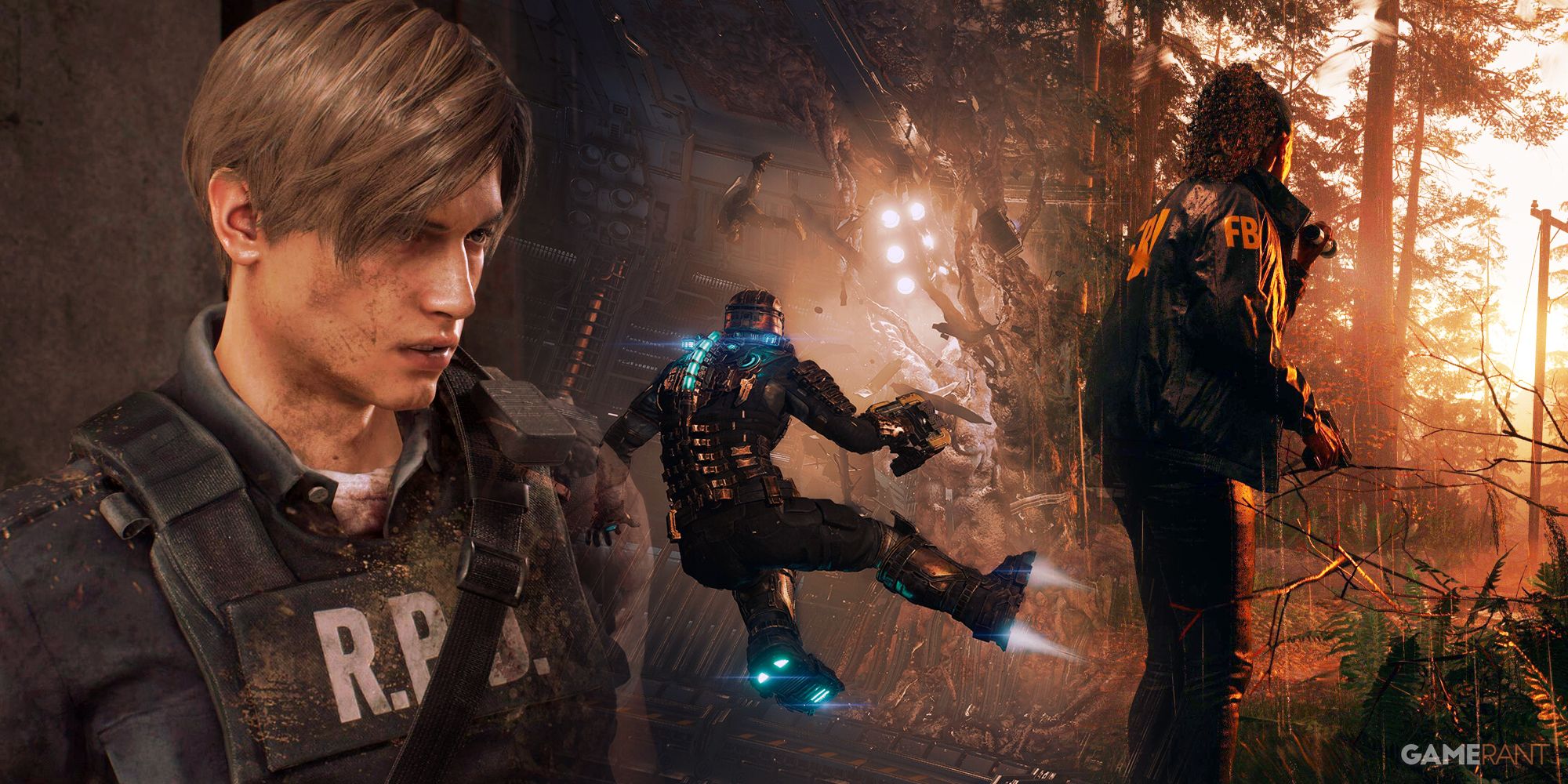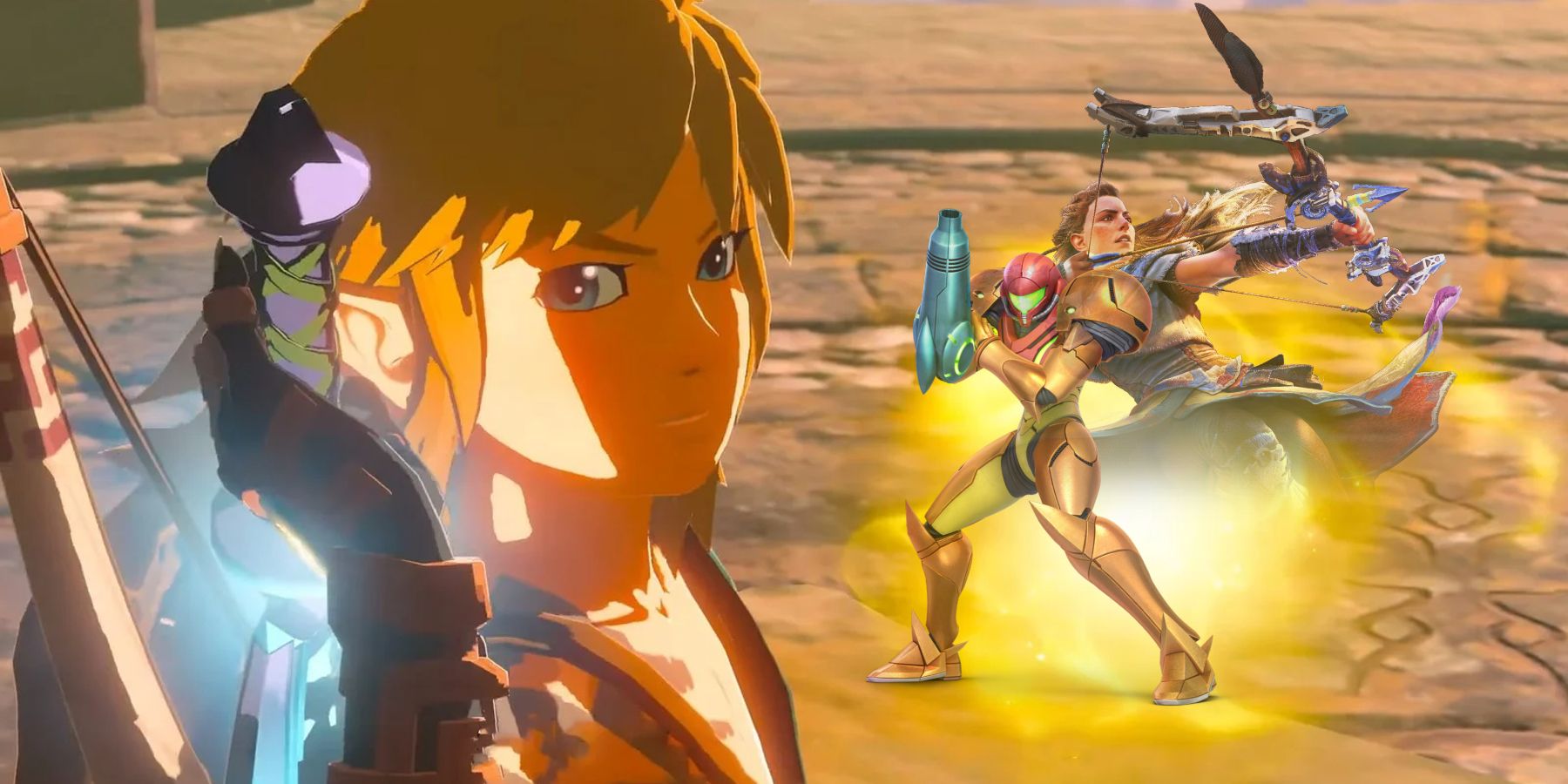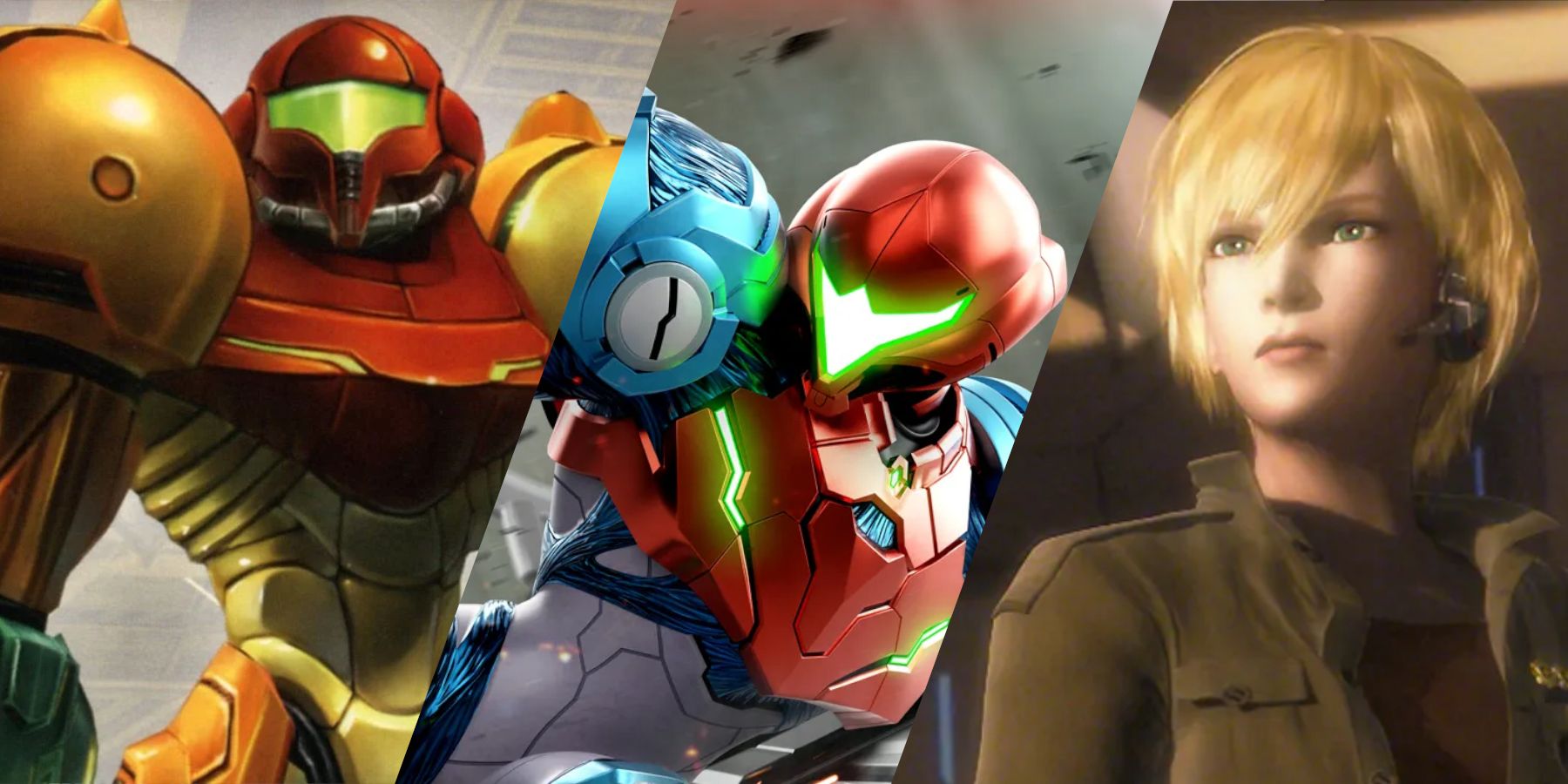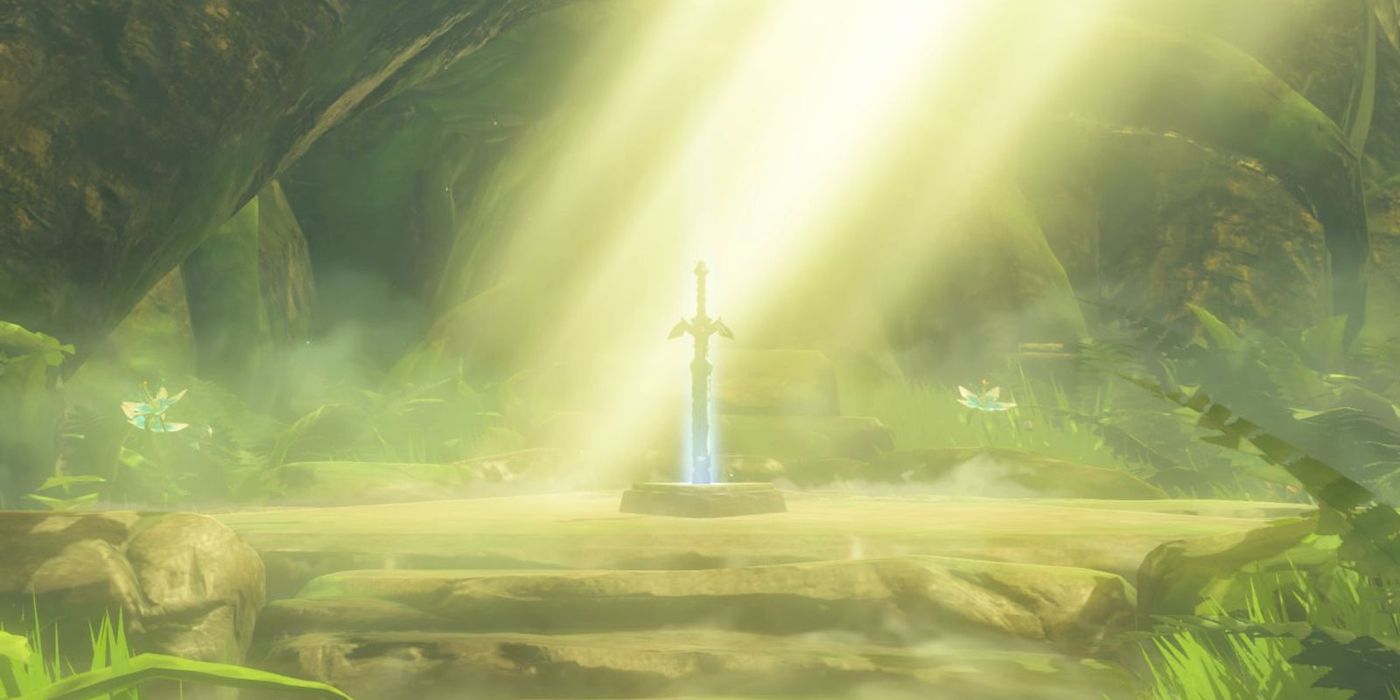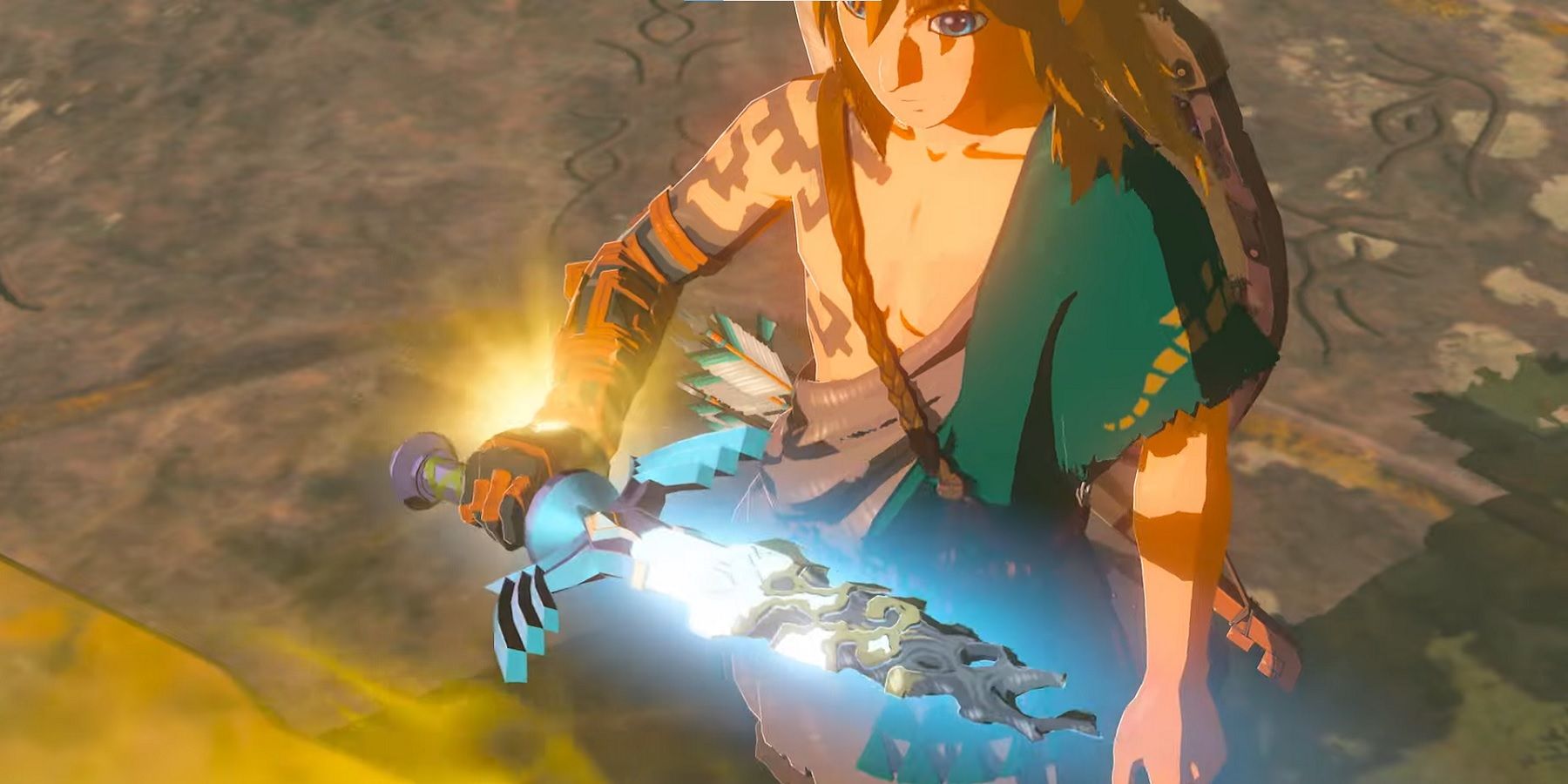Nintendo has a strong line of Switch games in 2022, from already released titles like Pokemon Legends: Arceus or Kirby and the Forgotten Land to the upcoming Splatoon 3, Xenoblade Chronicles 3, and Pokemon Scarlet and Violet. However, The Legend of Zelda: Breath of the Wild 2 can no longer be considered on this list. The anticipated Breath of the Wild sequel saw a delay last week, shifting its vague 2022 release window to a slightly more concrete spring 2023.
Given how little of the game has been shown off thus far - with trailers only appearing at E3 2019 and 2021 - this delay seems appropriate. Even though Breath of the Wild 2 uses the engine and many of the same assets as its predecessor, series producer Eiji Aonuma put out a statement alongside the delay that confirms its scope will be further expanded than what fans have been shown. There will also be more features, encounters, and gameplay elements according to Aonuma, and underpinning this was new footage of Link with a uniquely ruined Master Sword. As intriguing as this looks, Nintendo has to be careful about toying with the trope of depowering its iconic protagonist.
Resetting Protagonists in Video Game Sequels
Video games are an interactive medium, and thus many titles incorporate character growth into their narratives as a means of justifying increased mechanical complexity for the player. "Metroidvania" titles are a good example of this, with a character like Samus Aran picking up items throughout her journeys across each anthill-shaped alien world which make her better equipped to fight and explore; unlocking new areas and lore in the process. However, this also makes the Metroid series a good example of the need to depower a protagonist.
While individual narratives may exist in a vacuum, sequels and prequels can complicate things. Even if one story continues directly into another, that next story technically exists in its own game with a mechanic on-ramp. There's no guarantee someone plays Super Metroid before Metroid Fusion, for example, and even if they have a sequel could be boring and tedious if Samus was fully powered from the get-go. Thus, Fusion removes Samus' power by rendering her bedridden after a viral infection, and its sequel Metroid Dread has Raven Beak steal Samus' abilities as a perverse test to awaken her potential.
Metroid is not the only series guilty of this. Guerrilla Games' Horizon Forbidden West is one recent example of a sequel that depowers its protagonist Aloy following her first adventure in Zero Dawn. When she runs into Varl at the beginning, Aloy's "traveling light" without all the gear she once used to stop the AI threat HADES is hand-waved. However, this is an example of the trope done well given Aloy retains core learned functions like overriding machines, leaving room to grow in new ways.
Breath of the Wild's Master Sword Changes the Sequel Narrative
Despite having over 35 years' worth of beloved adventures usually starring a Link, Princess Zelda, and Ganondorf in the land of Hyrule, The Legend of Zelda rarely runs into issues with depowering its protagonist. Every game is connected in a messy Zelda timeline, but generally speaking they're all treated as different takes on the same mythology. Ocarina of Time and Skyward Sword's Link are not the same character, meaning there's no need to explain why they each have personal growth arcs and different abilities.
For those rare Legend of Zelda games with direct sequels, Link's power loss is often explained by him getting pulled into an unfamiliar or even mystical place. In Majora's Mask, the Ocarina of Time-era Link falls into a new world and is turned into a Deku Scrub; meanwhile in Phantom Hourglass, the Wind Waker-era Link falls off Tetra's boat and washes up in a new stretch of ocean by himself. The adventure in Link's Awakening is undertaken by A Link to the Past's Link, but happens entirely in a dream realm.
Breath of the Wild 2 will be a more interesting case. It's technically not required for Link to pick up his iconic Master Sword in Breath of the Wild's open-world Hyrule; he can run straight to Calamity Ganon after leaving the Great Plateau tutorial area. Yet trailers for Breath of the Wild 2 clearly imply Link visiting the Lost Woods to free the blade is canon. Furthermore, the time travel in Hyrule Warriors: Age of Calamity implies Link has gone through his full journey to free the Divine Beasts and stop Calamity Ganon, leaving him more powerful and fulfilled than the amnesiac who wakes up in the Shrine of Resurrection.
Breath of the Wild 2 Can't Revert Link's Character - Again
The brief snippet of footage included in Breath of the Wild 2's delay announcement shows Link drawing the Master Sword, which is normal to a point before gradually becoming a decayed blade - charred black and spotted with holes. It's likely the dark entity Link and Zelda discover under Hyrule Castle (potentially Ganondorf) is responsible, though for now details are uncertain. What Nintendo needs to keep in mind is that it shouldn't sacrifice all of Link's previous growth at the altar of wiping the gameplay slate clean.
Some of the best games utilizing the depowered protagonist trope thrive because they center a character who has grown and now must find novel solutions to their fresh powerlessness. Metroid Prime is often touted for giving Samus her full array of gear during the tutorial and then stripping it away, leaving players to build up to the power level they know Samus can display. Breath of the Wild 2 could do something similar, with Link being all-powerful after his first adventure before facing an entity beyond comprehension that brings him back down a peg.
However, with Breath of the Wild centering its narrative around Link rebuilding his skills and memories after nearly dying in the war against Calamity Ganon 100 years prior, it would be disheartening for Nintendo to take everything away again for the sequel. The broken Master Sword is emblematic of this careful line to walk, as players who spent one whole game unlocking its potential need a good reason to do so again.
The Legend of Zelda: Breath of the Wild 2 releases in spring 2023 for Nintendo Switch.

